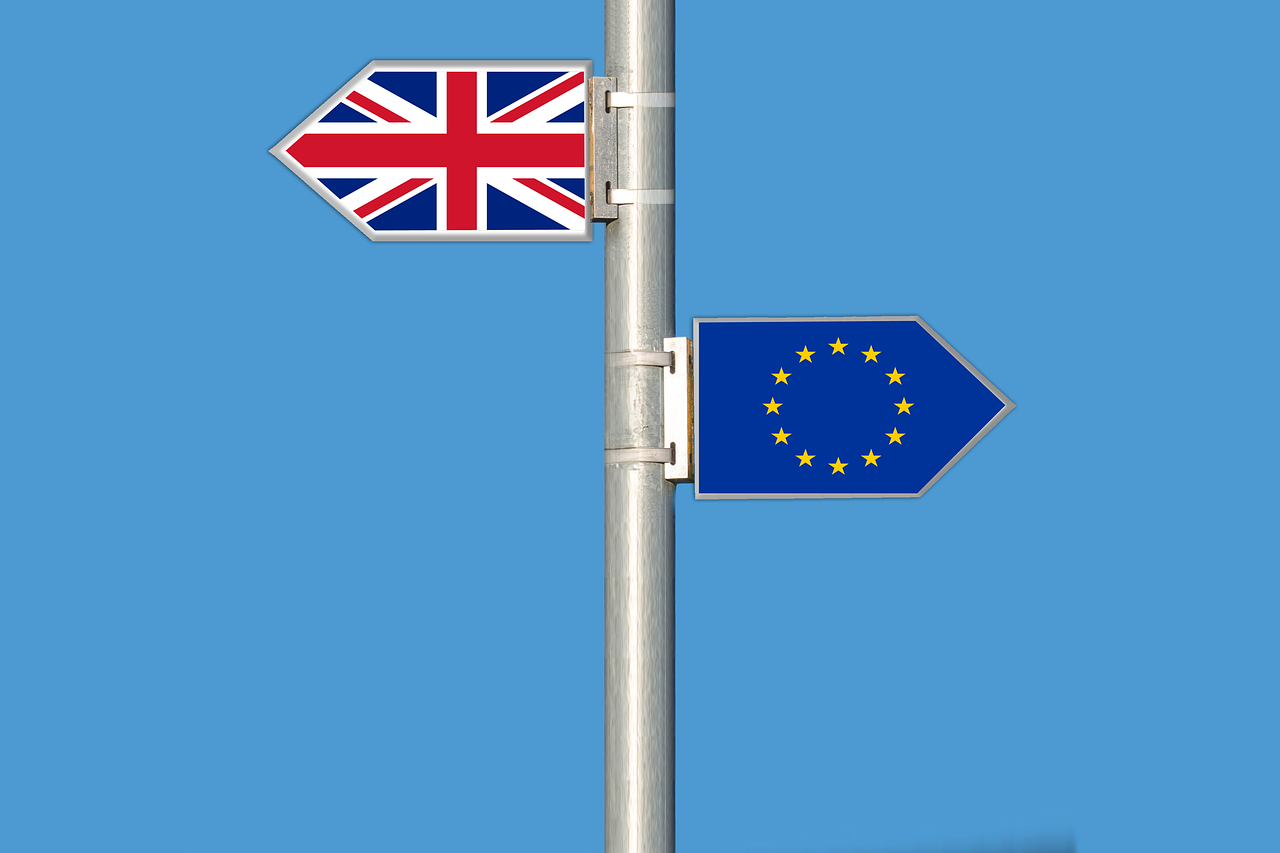
8 May 2024| CATEGORIES: Brexit, Italy, VAT refund| TAGS: Brexit, Italy, VAT refund
The UK has concluded a reciprocal agreement with Italy on VAT refunds. UK businesses not established in Italy will now be able to claim refunds of VAT paid on goods and services in Italy relating to their business activities under the EU’s 13th Directive process. UK businesses will not require a local tax representative.

11 August 2023| CATEGORIES: input tax recovery, sale of shares, VAT case| TAGS: Holding company, input tax, sale of shares, VAT refund
The Upper Tribunal (UT) has released its judgment in the Hotel La Tour Limited case. The case concerned the recovery of VAT on advisers’ costs relating to the sale of shares in a subsidiary company.
The UT rejected HMRC’s appeal against the previous decision of the First-tier Tribunal (FTT) which had found that the VAT on the advisers’ costs could be recovered as there was a link to future taxable supplies.

25 November 2022| CATEGORIES: VAT refund| TAGS: electronic, HMRC, VAT refund
Non-UK businesses can now opt to make UK VAT refund claims electronically. The claims are submitted electronically using HMRC’s Secure Data Exchange Service (SDES) system. The system is optional and there are no immediate plans to make it mandatory.

9 December 2021| CATEGORIES: EU businesses, VAT refund| TAGS: New HMRC rules, VAT refund
The VAT refund process for EU businesses incurring UK VAT changed from 1 January 2021. The electronic EU refund process can no longer be used. Instead form VAT65A must now be completed and submitted to HMRC.

2 December 2021| CATEGORIES: Certificate of Status, HMRC, VAT refund| TAGS: Brexit, HMRC, VAT refund
HMRC have changed the way they issue the certificate of status (CoS) to UK businesses. The CoS, which often needs to be included with foreign VAT refund claims as proof of UK trading status, is now issued by email by default.

17 November 2021| CATEGORIES: Brexit, COVID-19, VAT refund| TAGS: Bank transfer, NETP, VAT refund
HMRC are making available the option for NETPs to request VAT repayments by bank transfer instead of receiving a payable order.







